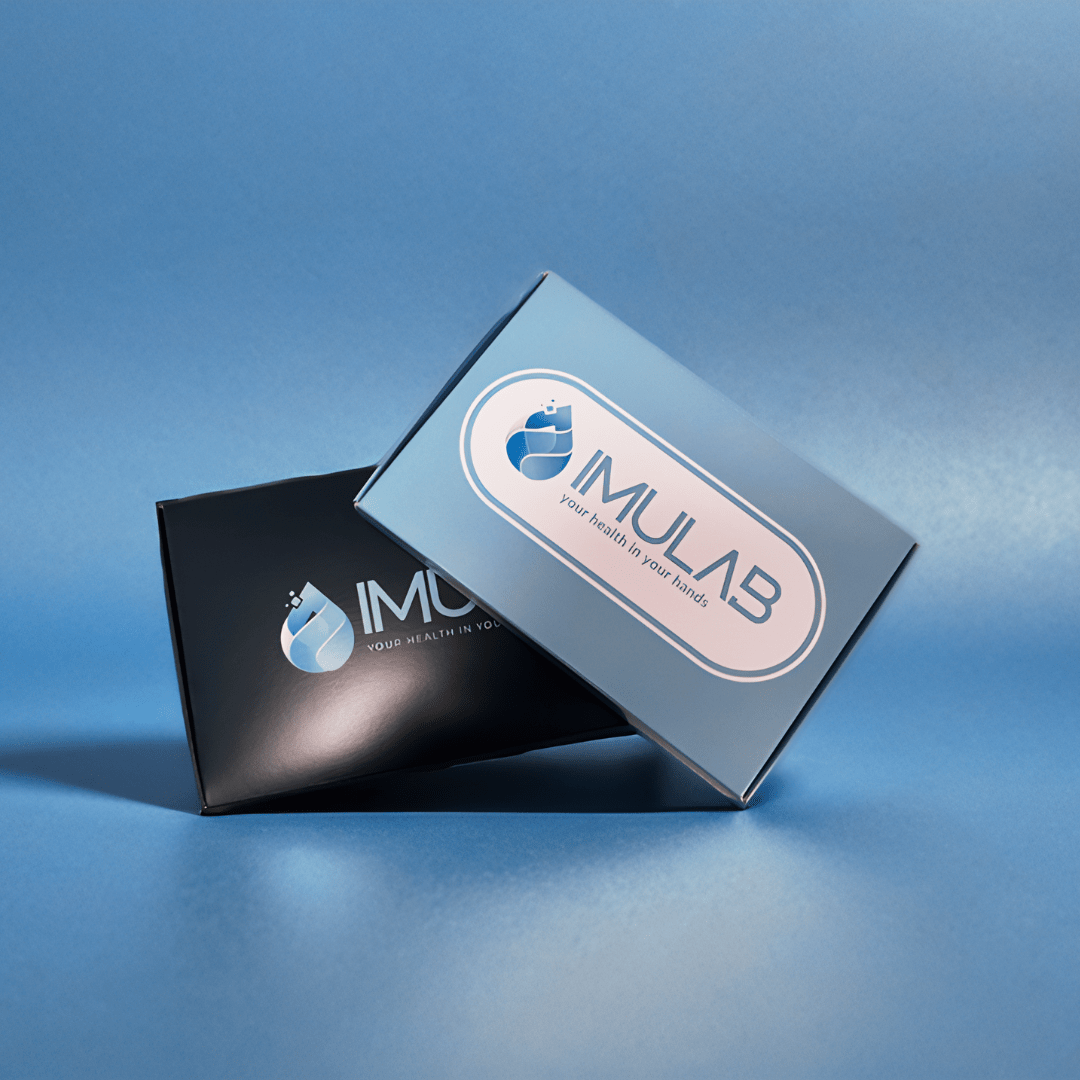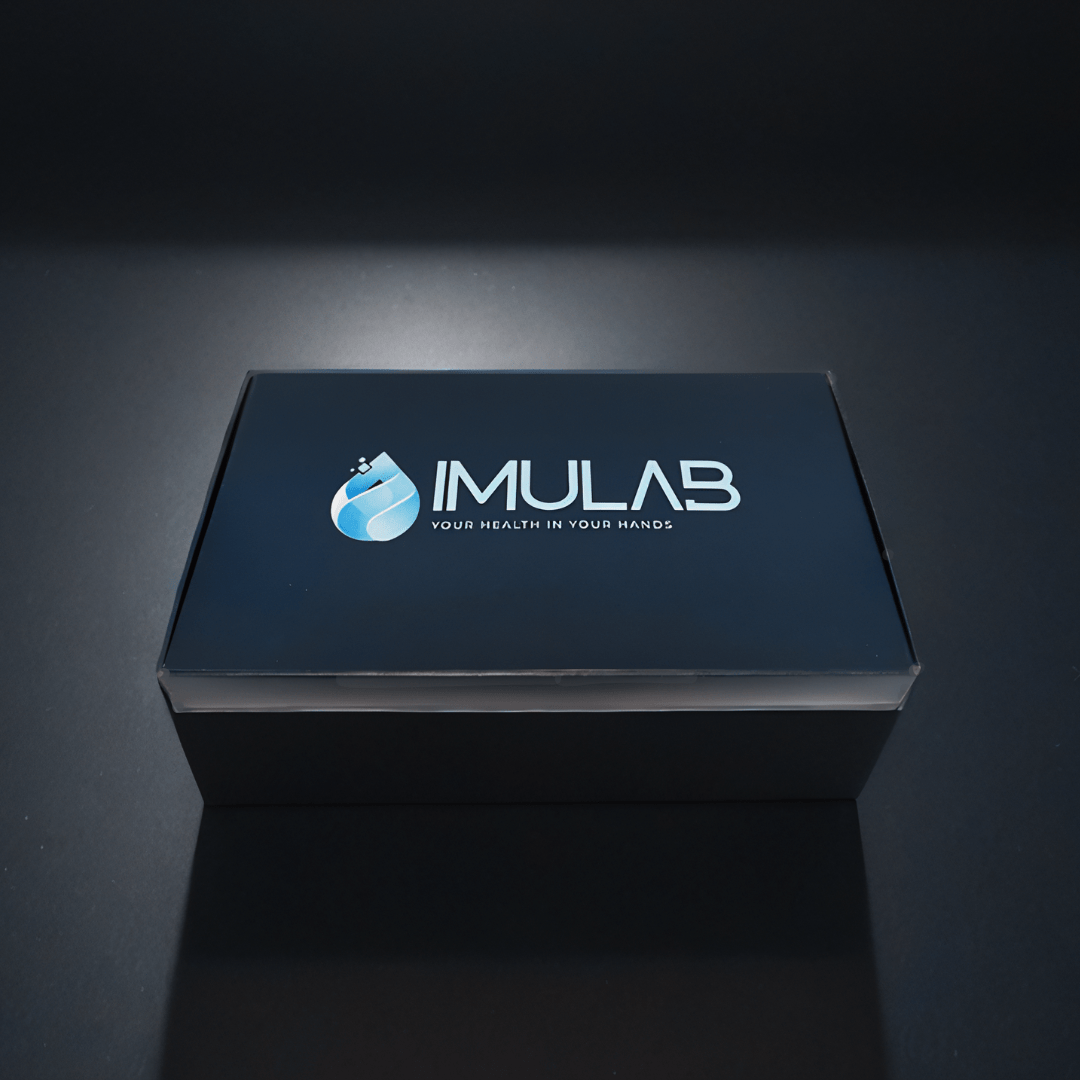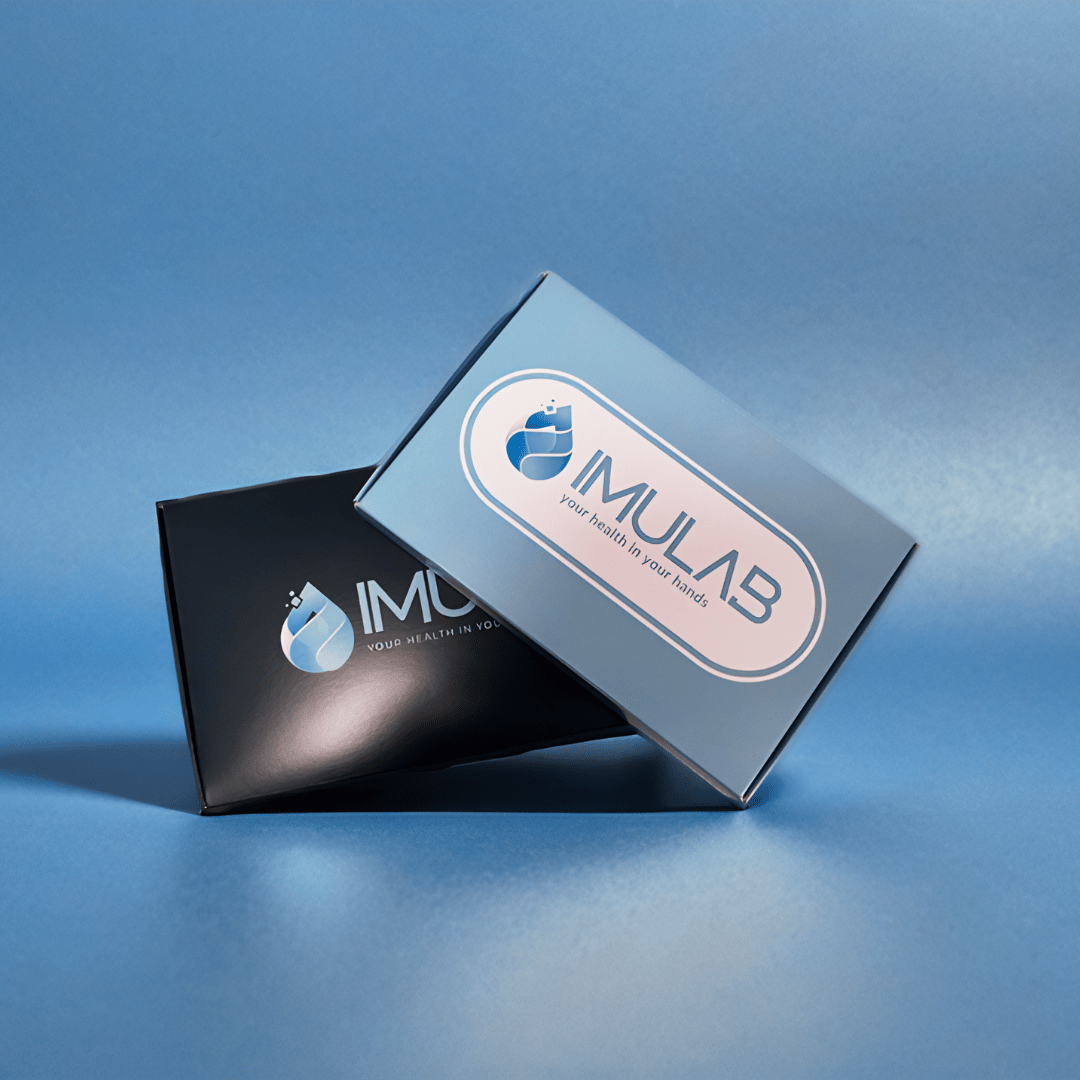IMULAB
Perimenopause: STEP ONE
Perimenopause: STEP ONE
How do you want to take your sample?
Please choose one option below-
Collect your own sample at home Free
Self sampling kit containing everything you need to take your own finger prick blood sample sample at home.
-
Sample collection at a Superdrug Clinic +£35.00
Visit one of Superdrug's clinics across the UK where a healthcare professional will take your sample from a vein in your arm. We’ll email you instructions on how to book after we’ve processed your order.
-
Sample collection at home with a nurse +£59.00
Book an appointment for one of our nurses to visit your home and take your blood sample from a vein your arm.
-
Sample collection with your own healthcare professional Free
Make an appointment with a healthcare professional of your choice to have your venous blood sample taken. You will be responsible for arranging your appointment and any additional fees.
Couldn't load pickup availability
✅ Results expected within 2 working days
✅ Three biomarkers
✅ Doctor comment
Purchase Step One and Two together and receive 25% off! Discount applied at checkout.
Our Step One Perimenopause Blood Test looks at the early follicular phase of your cycle to understand your baseline hormonal levels, which in context with Step Two taken during the later luteal phase gives a more complete picture of ovarian function and hormone balance.
By incorporating the Step Two Perimenopause Blood Test your hormones are analysed at two separate intervals allowing for a more complete picture of your hormones during your cycle allowing for a clearer picture as to whether or not you are in perimenopause.
Step One biomarkers
✅ FSH (Follicle-Stimulating Hormone): Indicates ovarian reserve and helps identify early signs of perimenopause.
✅ LH (Luteinizing Hormone): Works with FSH to provide insights into reproductive health.
✅ Estradiol (E2): Reflects estrogen levels and ovarian activity.
Choose from an at home finger prick blood test, or choose to attend one of our partner clinics for a venous blood draw.


What's included in this test?
Hormones
FSH
Oestradiol
Oestradiol is a steroid hormone that is primarily produced in the ovaries of women and to a lesser extent in the testes of men. It is one of three types of estrogen and has important functions in regulating the female reproductive system, as well as promoting breast tissue growth and maintaining bone density. Oestradiol levels naturally fluctuate throughout the menstrual cycle, peaking at ovulation in pre-menopausal women. As women age, their oestradiol levels decrease and eventually stop altogether with menopause. Low levels of oestradiol can lead to symptoms commonly associated with menopause such as hot flushes, night sweats, and mood swings. Additionally, low levels of oestradiol can increase the risk of developing osteoporosis.
LH
Luteinising Hormone (LH) is a hormone produced by the pituitary gland that plays a crucial role in male and female fertility. In females, LH levels increase sharply around the middle of the menstrual cycle, causing ovulation to occur. It is also responsible for the formation of the corpus luteum, which produces progesterone to prepare the uterus for pregnancy. In males, LH stimulates the production of testosterone in the Leydig cells of the testes, which is essential for the development of male reproductive organs and secondary sexual characteristics.
Sampling special instructions
Prepare for your Day 3 Fertility Blood Test by following the instructions contained within your kit. It is also ideal to schedule the test to be taken two to five days after the start of your period, specifically on day three. In case you do not have regular menstrual cycles, the test can be conducted at any time. It is important to note that hormonal contraception can impact the accuracy of the test results. For more reliable readings, it is recommended to temporarily discontinue hormonal contraception and use barrier contraception instead.
If you use hormone gels, pessaries, patches, or tablets, selecting a venous sample for the test is strongly advised to minimise the potential for contamination that can occur with finger-prick tests. In the event that hormone supplements are administered, ensure that gloves are used, and make sure your fingers have not been in contact with hormone supplements for at least four weeks prior to the test. Keep in mind that hormones can be absorbed deeply into the skin, even with minimal contact, and can persist for weeks despite thorough handwashing. Refrain from taking biotin supplements for at least two days prior to the test, and consult your doctor if you have been prescribed biotin. By following these instructions, you can ensure accurate and reliable results for your Day 3 Fertility Blood Test.


